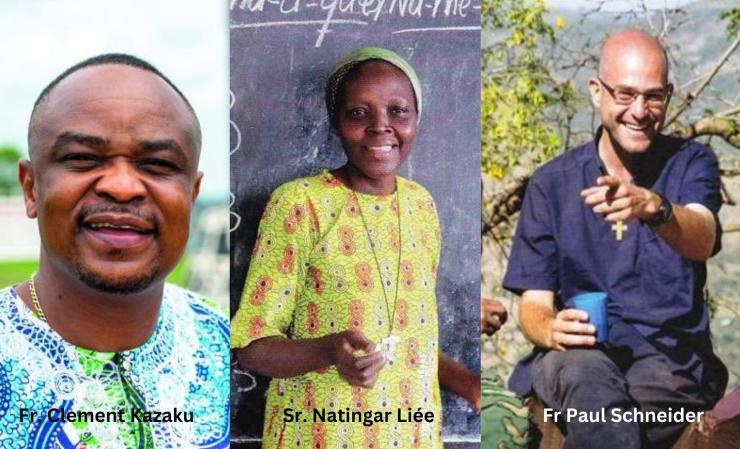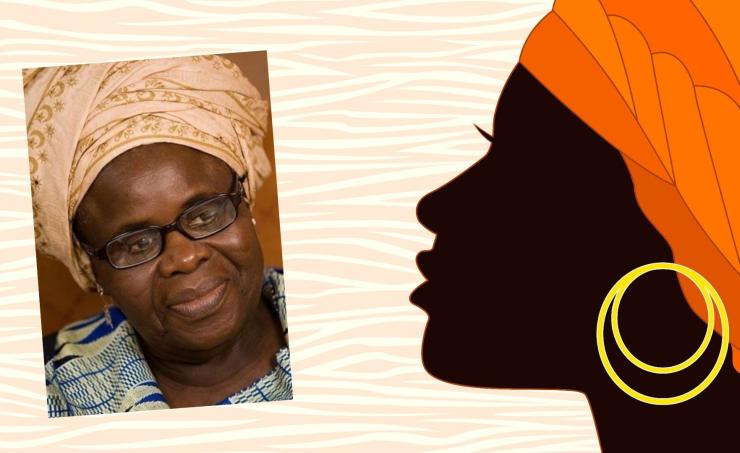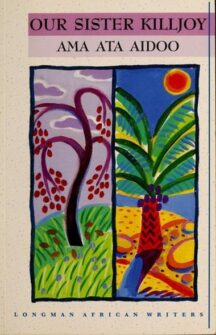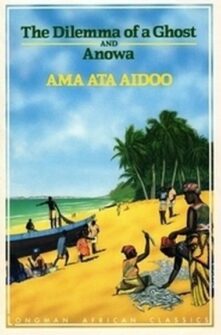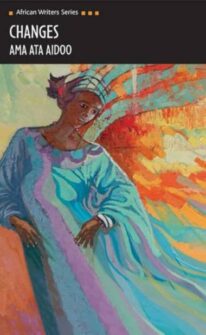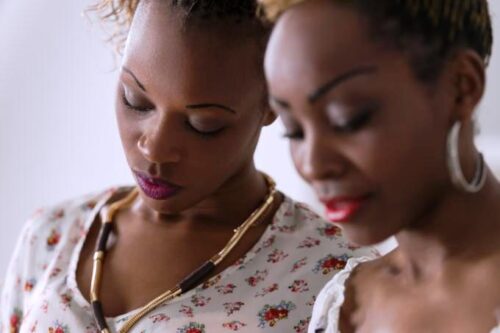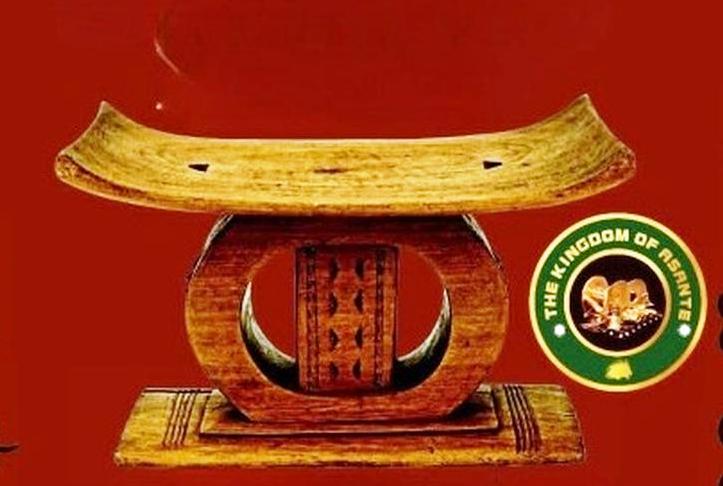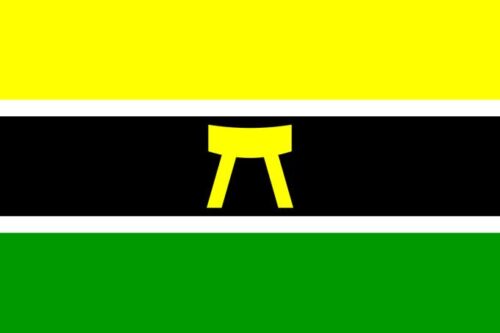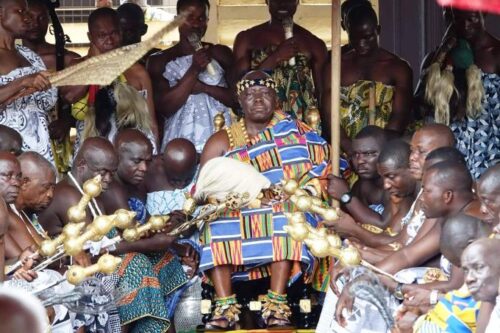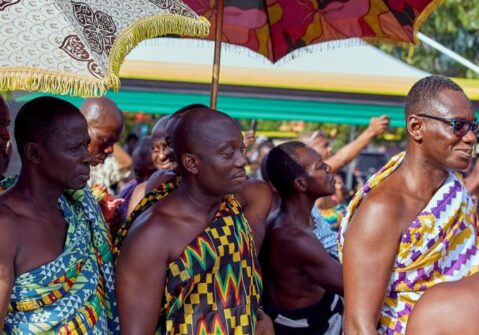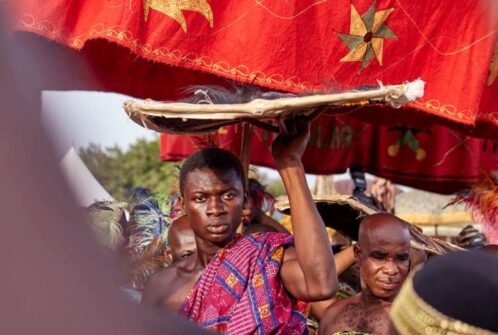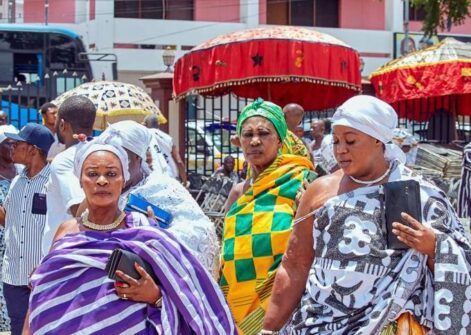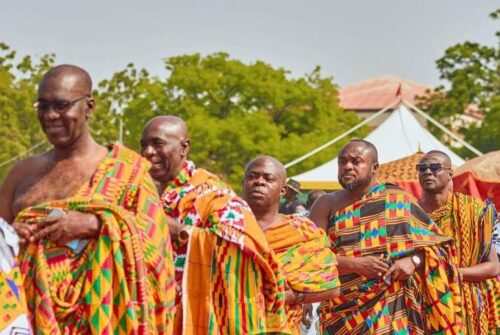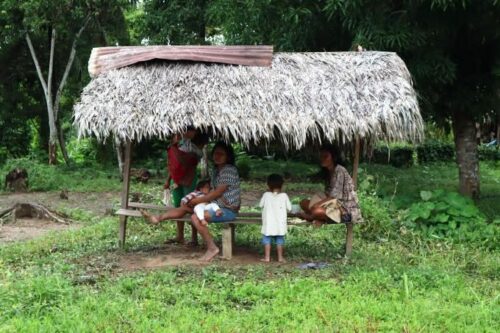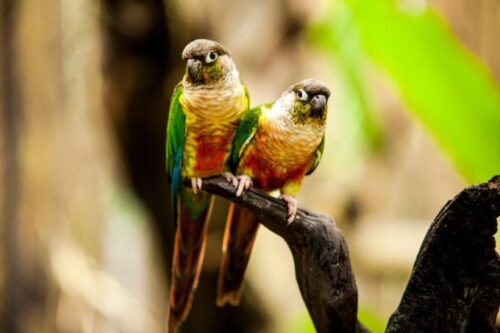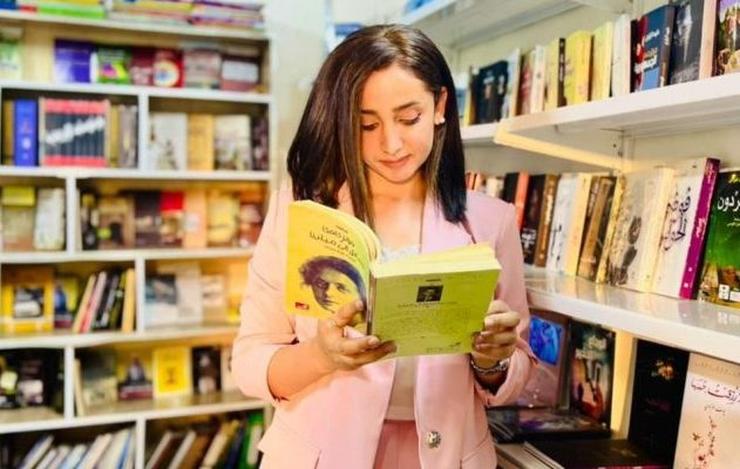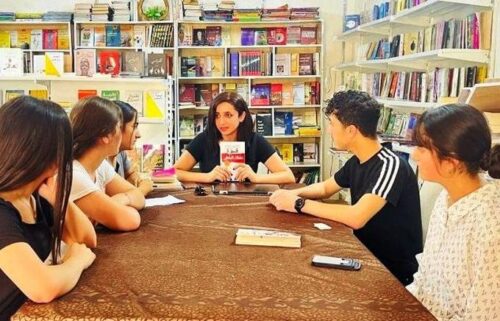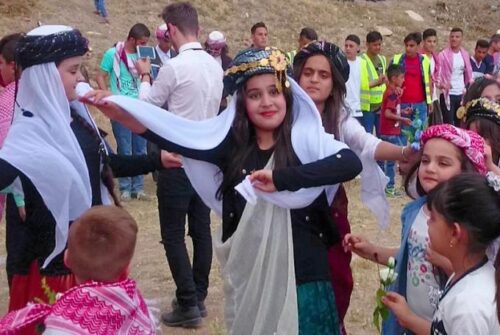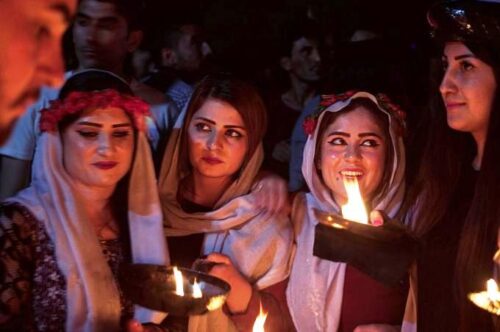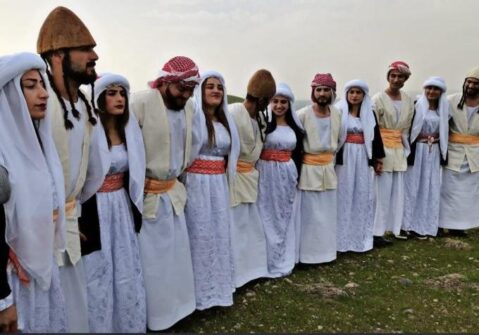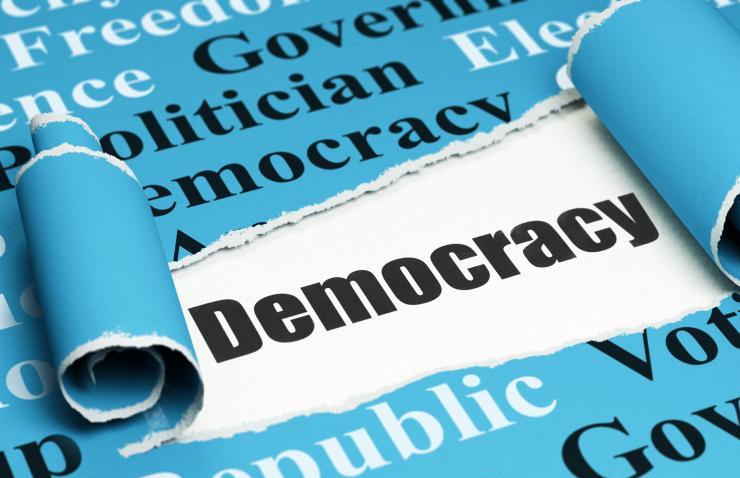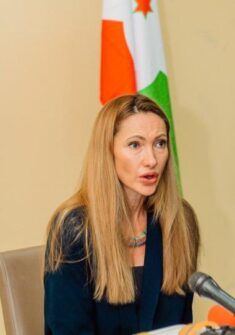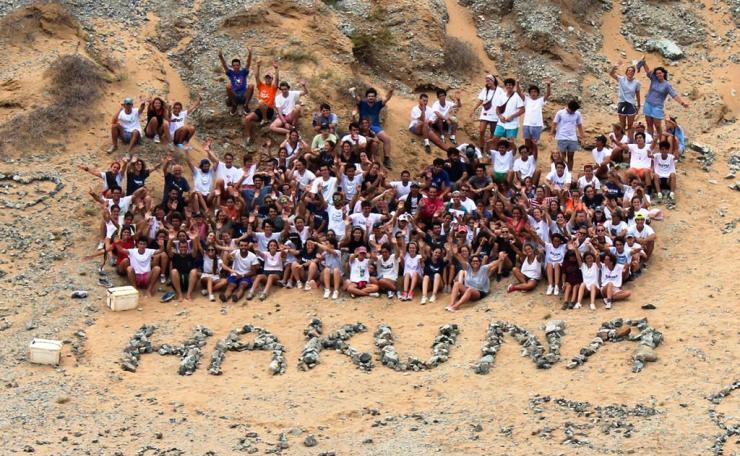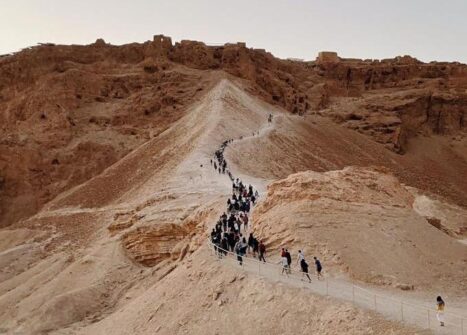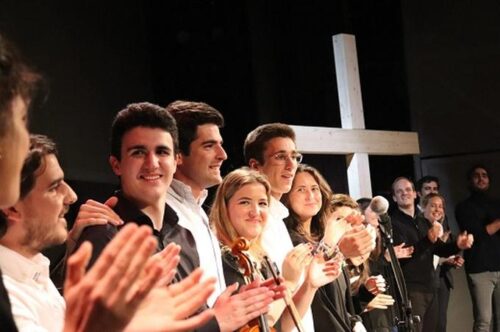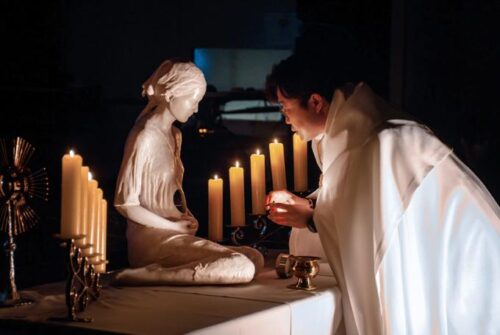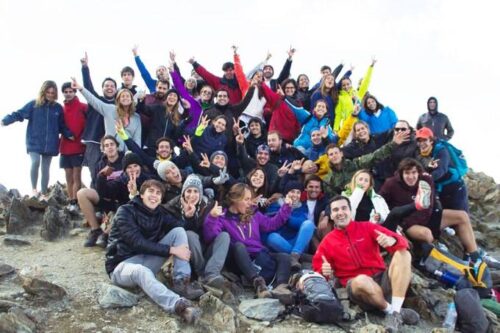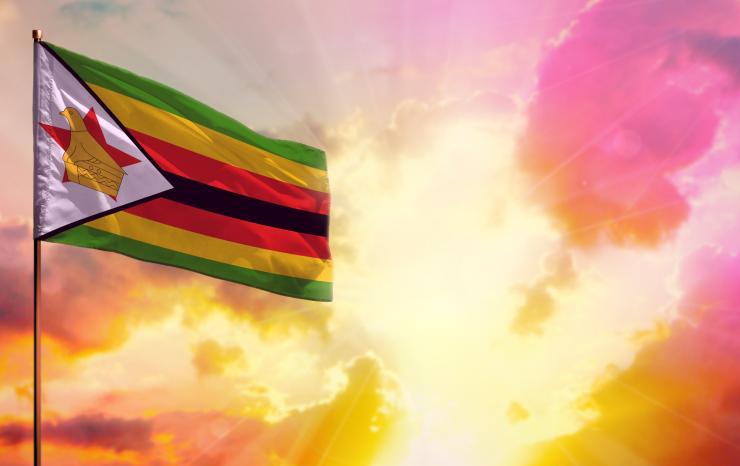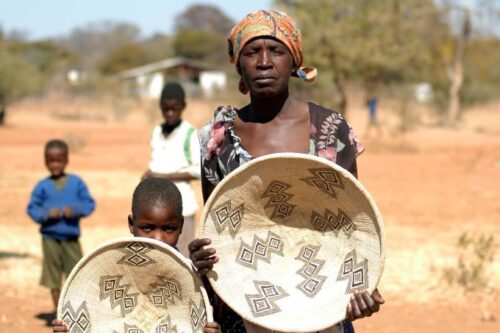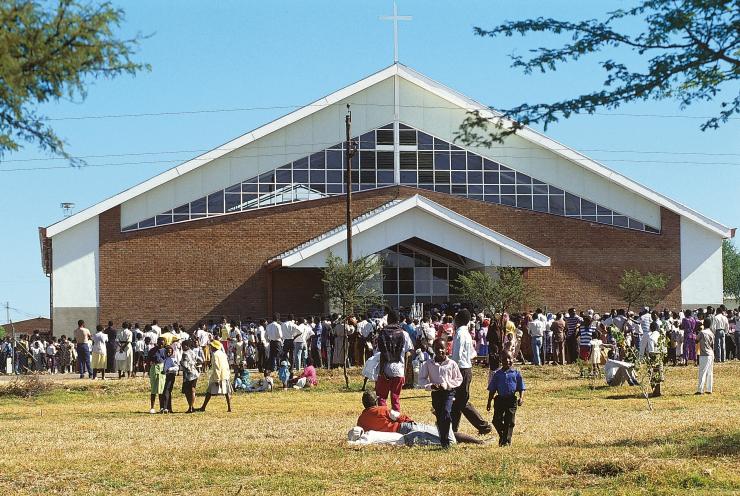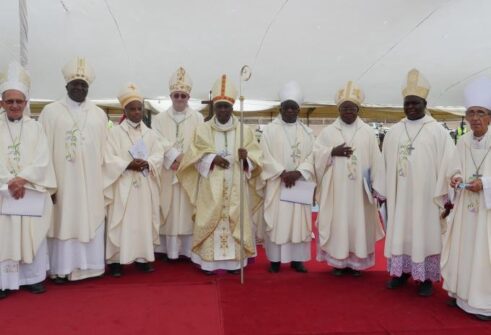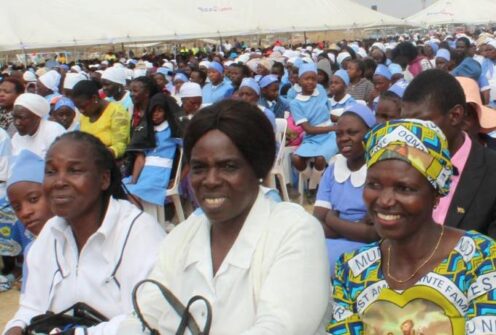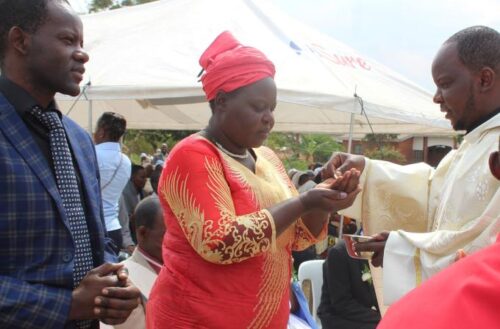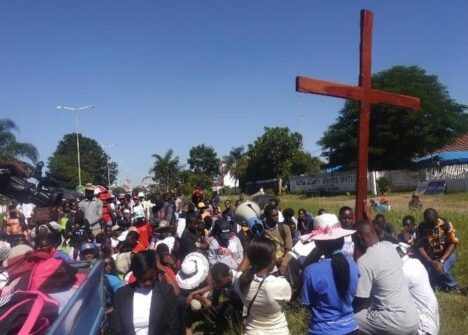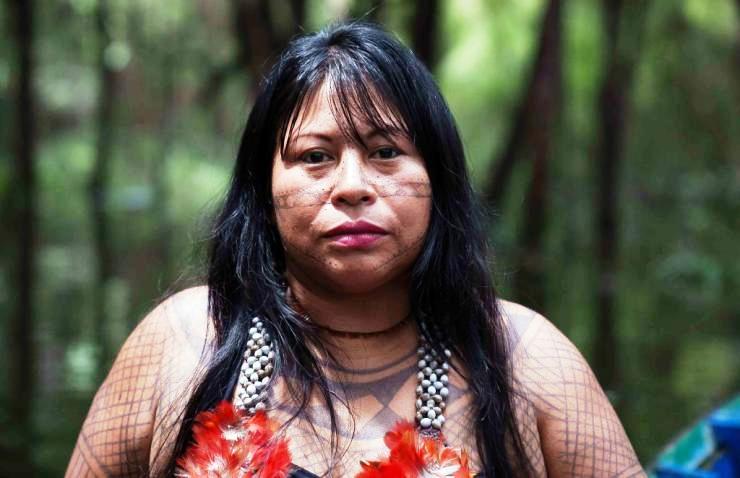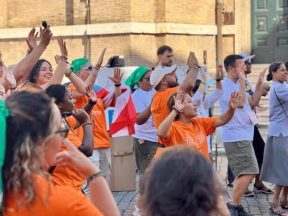Chad. Navigating into Political Storms.
The regional ramifications of the clash in Khartoum have important appendages in N’Djamena. In fact, the various attempts at coups always started from neighbouring Sudan, with protagonists belonging to the fragmented Zaghawa community as well as Arab and Gour groups. For this reason, the transitional president Mahamat Idriss Déby is forced to negotiate in the conflict on the doorstep
of his country.
In April 2021, the Chadian rebel group Front Pour L’Alternance et la Concorde au Tchad (FACT) set out on a raid in northern Chad, leaving its bases in Fezzan, Libya. A thousand militiamen launched a sortie in the regions of Borkou, Ennedi, and Tibesti armed with weapons and vehicles obtained by lending their services as mercenaries to Khalifa Haftar in Libya. The clash with the Chadian army was disastrous: hundreds of victims on both sides and the death, above all, of the ‘warrior-president’ Idriss Déby Itno (1952-2021), who had decided to go to the battlefront while waiting for the results of the elections which, for the sixth consecutive time, would have confirmed him on the highest
seat in the country.
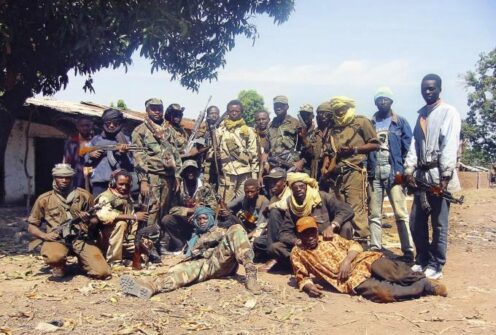
Group of rebels from Libya in Chad. File: Swm
The Gourane rebels had, for the first time, been able to mount an attack on the heart of the state since Déby, indeed, embodied the Chadian state. In April 2023, the power struggle between the official army and the elite corps of the Rapid Support Forces (RSF) started a bloody civil war in neighbouring Sudan. General Abdel Fattah al-Burhan, head of the regular army and de facto head of the Transitional Military Council, bore the brunt of the offensive of General Mohamed Hamdan Dagalo ‘Hemeti’, leader and guide of the RSF body, the former presidential guard of the ousted president Omar El-Bashir, for control of strategic sites in the country. While the crux of the dispute between the Sudanese military and the RSF is a purely domestic matter, situated in El-Bashir’s divide-and-rule strategy and the rivalries it engenders, its ramifications are also regional, especially for Chad, an attentive observer of the situation.
‘Kaka’ kingpin of power
Still mourning the loss of Déby, Chad is a character in search of an author. It seems to be seeking such a person, with lapidary resignation, in the figure of Mahamat Idriss Déby ‘Kaka’, the thirty-nine-year-old son of the late president, who rose to the highest office in the country with the typical rapidity of nepotistic military regimes.

General Mahamat Idriss Déby ‘Kaka’, president of Chad. He is today the central pivot of Chadian political power. Photo: Pres.Office
‘Kaka’ is today the central pivot of Chadian political power, between political institutions, the regular army and the dreaded presidential guard of which he was the commander. Not only that, ‘Kaka’ is now obliged, despite everything, to take on the role of mediator in the Sudanese crisis. Partly because he was solicited by his party and partly because one of the army chiefs of staff in Chad is Bichara Issa Djadallah, cousin of ‘Hemeti’. The latter’s family, like most of the RSF fighters, in fact, comes from the Darfur region, on the border between Chad and Sudan inhabited by Rizegait, Zaghawa and Gourane Arabs, communities at the centre of the intrigues in both countries and animators of the many rebel movements which, over the years, have tried several times to destabilize N’Djamena. So here are the reasons for concern: in the recent history of Chad, and of the Déby family, the overthrow attempts and coups all started from neighbouring Sudan, with well-known protagonists belonging to the fragmented Zaghawa community as well as Arab and Gourane groups. During the popular uprisings of October 2019 that led to the fall of El-Bashir, Déby senior had looked with concern at the events taking place in Khartoum, finally heaving a sigh of relief when, gradually but decisively, the process of confiscation of the institutions (and of the reasons for the revolt) by ‘Hemeti’ and the RSF had come about. However, N’Djamena’s relief was soon replaced by laborious negotiations and meetings to understand whether ‘Hemeti’, a candidate for the strongman post in Khartoum, had the skills to seize power, and bring with him the many former Chadian rebels now enlisted in the RSF.

General Abdel Fattah al-Burhan, head of the regular army and head of the Transitional Military Council (R) and General Mohamed Hamdan Dagalo ‘Hemeti’, leader of the Rapid Support Forces (RSF). File: Swm
In this sense, after his father’s death, ‘Kaka’ Déby engaged in a delicate diplomatic operation to keep together the fragile cohabitation between al-Burhan and ‘Hemeti’.
For a long period of time, the influential Rizegait Arab community in Chad, led primarily by Djadallah, had given reassurances on the possibility of an understanding between the Déby and Dagalo families. Soon, however, the Zaghawa circle of generals, who had headed Chadian institutions for more than thirty years, began to worry about a rapid and unchecked consolidation of RSF power in Khartoum. Could the Arab community have formed a fifth column in Chad to threaten the excessive power of the Zaghawa?
What if ‘Hemeti’ returns to Darfur?
With the balance of the confrontation in Sudan still undecided, ‘Kaka’ and the Chadian generals are preparing today for the eventuality that ‘Hemeti’ is unable to take control of Khartoum and is forced
to withdraw to his rearguard bases in Darfur, dramatically close
to the Chadian border.
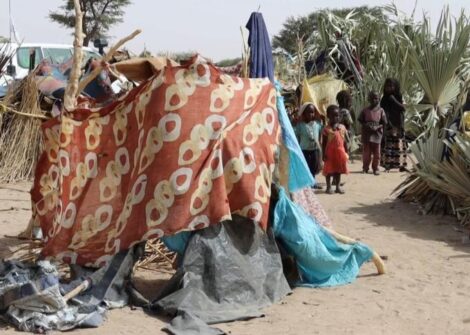
Sudanese Refugees in Chad. (UNHCR)
This, of all possible scenarios, is certainly the worst for Déby. If ‘Hemeti’ returns to ‘his’ Darfur, the possibility that former Chadian rebels serving in the RSF will flock to N’Djamena is far from imaginary. In fact, with the ceasefire in Libya in 2020, many Chadian mercenaries set out for the rich gold deposits of eastern Chad, in the hands of front companies controlled by the RSF whose thriving racket wends its way between the Sahara, Darfur, and Dubai.
Meanwhile, the Western allies of ‘Kaka’ (United States) have tried to force Chad’s hand to induce him to take a clear position against ‘Hemeti’ and his allegedly dangerous relations with the Wagner group and with General Haftar, leaking intelligence about a liaison between Chadian rebels and Wagner. The Déby clan, however, has been navigating the political storms of the Sahel for more than three decades and seems far from ready to hand over the reins of the game.
Alessio Iocchi

